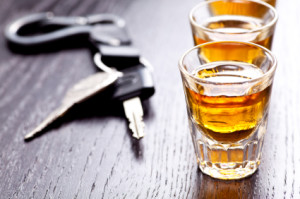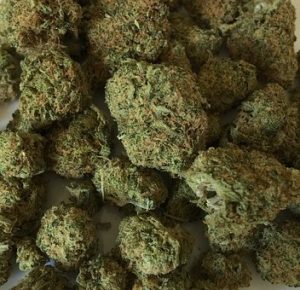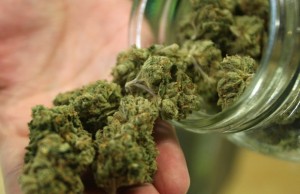 The legalization of marijuana in Maryland is now officially in the hands of the voters, as the cannabis reform bill became law at the recent close of the 2022 legislative session in Annapolis. Rather than endorse the bill with his signature, the governor simply let it take effect without a veto. The difference is mere from over function, and accumulating the votes is the only major hurdle that remains for state sponsored recreational cannabis. House Bill 837 lays out the basic rules for implementation of the policy, and if the referendum passes in November, lawmakers will be back at it in 2023 to provide the finishing touches. The bill is over 50 pages and packed with financial and data collecting components that we will not dissect in this post. Rather, we’ll focus on the criminal law aspects of the bill that will have a direct impact on law enforcement’s marijuana related contact with citizens.
The legalization of marijuana in Maryland is now officially in the hands of the voters, as the cannabis reform bill became law at the recent close of the 2022 legislative session in Annapolis. Rather than endorse the bill with his signature, the governor simply let it take effect without a veto. The difference is mere from over function, and accumulating the votes is the only major hurdle that remains for state sponsored recreational cannabis. House Bill 837 lays out the basic rules for implementation of the policy, and if the referendum passes in November, lawmakers will be back at it in 2023 to provide the finishing touches. The bill is over 50 pages and packed with financial and data collecting components that we will not dissect in this post. Rather, we’ll focus on the criminal law aspects of the bill that will have a direct impact on law enforcement’s marijuana related contact with citizens.
There are two important dates to mark down when first reading the bill, as none of the provisions will become state law immediately upon passage of the referendum in November. Assuming the voters do what the polls have predicted and vote yay on the law, the earliest date that marijuana will officially become legal is July 1, 2023. But, come January of 2023 it will no longer be a crime to possess more than 10 grams of marijuana. The new threshold amount for criminal charges to kick in will become 2.5 ounces. Possession of marijuana less than 2.5 ounces will temporarily become a civil offense punishable by a fine of up to $250. If the amount is less than 1.5 ounces the fine will be capped at $100. The legislature has also finally considered the various forms of cannabis products in the new law, and that is a good thing for those who are found with products such as concentrates and edibles. Currently a person in possession of a THC vape cartridge or a container of gummies could face charges for possession not marijuana, which is a more serious offense than possession over 10 grams. The new law includes all THC related products and breaks them down into a “civil amount” and a “personal use” amount. A civil amount includes less than 2.5 ounces of flower cannabis, less than 20 grams of concentrates (oil or shatter) and less than 1,250 milligrams of general THC products (edibles). A personal use amount is less than 1.5 ounces of flower, less than 12 grams of concentrates and less than 750 milligrams of THC edibles. Personal and civil use will dictate the amount of fines, and the amount a person is able to share with another. Assuming the referendum passes, the legislature will have to decide whether to use the same personal use or civil use amounts, or different amounts that would be legal for adults to possess.
Another major criminal law component of the bill includes modified penalties for possession with intent to distribute marijuana and manufacturing (growing) cannabis plants. Come 2023 it will no longer be a felony to sell, grow or possess with intent to distribute pot or THC products. The potential punishment will be a misdemeanor with a 3-year maximum jail sentence, though trafficking in marijuana will remain a felony. Manufacturing charges will only apply to adults over the age of 21 growing more than 2 plants, and the 2-plant limit applies to the entire household. It will not be a crime starting in 2023 to grow up to two cannabis plants in a home, as long as certain safety precautions are met. Other provisions of the law include mandatory expungement and the release of those serving jail time for marijuana possession cases and the shortening of the expungement process for possession with intent to distribute marijuana.
 Criminal Defense Lawyer Blog
Criminal Defense Lawyer Blog








